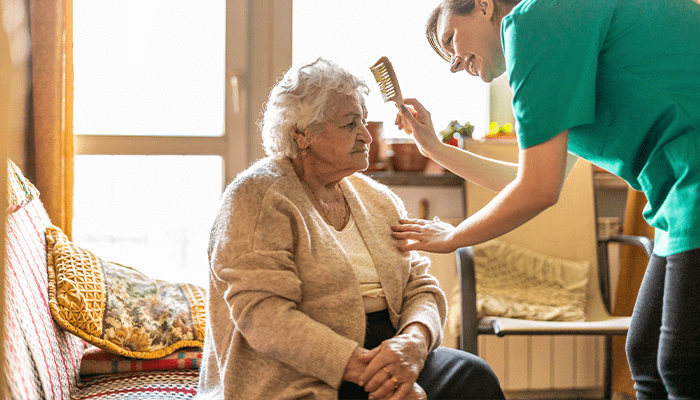Should I report this incident to my insurance carrier? Before asking this question, it is important to understand if your policy is written on an Occurrence form or a Claims Made form. Not sure what the difference is? In layman’s terms, the coverage trigger on an Occurrence form is tied to the date of the incident, or “occurrence.” Under this form, the policy that is in force on the date of the incident must defend or pay the loss. In the case of Claims Made, coverage is triggered by the date you first became aware and notify the insurer of a potential claim or incident. The insurer’s policy in force on the date you became aware must defend or pay the loss.
While that sounds easy, let’s dig a little deeper into what triggers coverage under Claims Made forms.
How do I know what my claims trigger is?
There are two types of claims triggers – written demand and incident sensitive. For coverage to be triggered under written demand, you must have an actual suit or demand from a claimant. Incident-sensitive, on the other hand, has a little more flexibility. Coverage is triggered when you report a circumstance that may give rise to a claim, regardless of having received an actual demand.
Every policy defines the claims trigger, some more clear than others. Written demand policy forms will specifically state within the “claim” definition that the insured must receive a written demand for damages. Incident Sensitive policy forms define “claim” or “potential claim” as an event or incident that the insured should be aware of, that may result in a claim.
How does the insurer define when a claim is “made”?
Insurers tend to have different rules based on the definition of when a claim is “first made.” Claims can be defined as “made” in several different ways. Here are some common examples:
- Incident reported
- Lawsuit filed
- A written demand for money
- Contact by an attorney
- Request for Medical Records
- “G” level or higher deficiency in a state survey
- Threats by the resident’s family member
When should I report these potential claims?
Many senior living operators on Claims Made policies are rightfully fearful that if incidents aren’t reported before the end of the policy expiration date, there will be no coverage under that policy. Failing to report incidents in a timely manner could potentially jeopardize your coverage. Understanding what to report and when to report is critical to avoiding claim denials.
To avoid the risk of your claim being denied, report incidents or potential claims as soon as you first become aware of the circumstance.
Claim Reporting Tips:
- Review your liability policy and understand your insurer’s definition of a “claim”
- Implement an internal system for your staff to report claims or incidents
- Educate your staff on what incidents need to be reported and who they need to be reported to
- Communicate with your broker if you think an incident or circumstance may give rise to a claim
At AssuredPartners, we provide dedicated claims consultants available to our senior living clients to address any question. If you would like additional information on how to educate your staff on incident reporting, please reach out to the AssuredPartners Senior Living experts.



